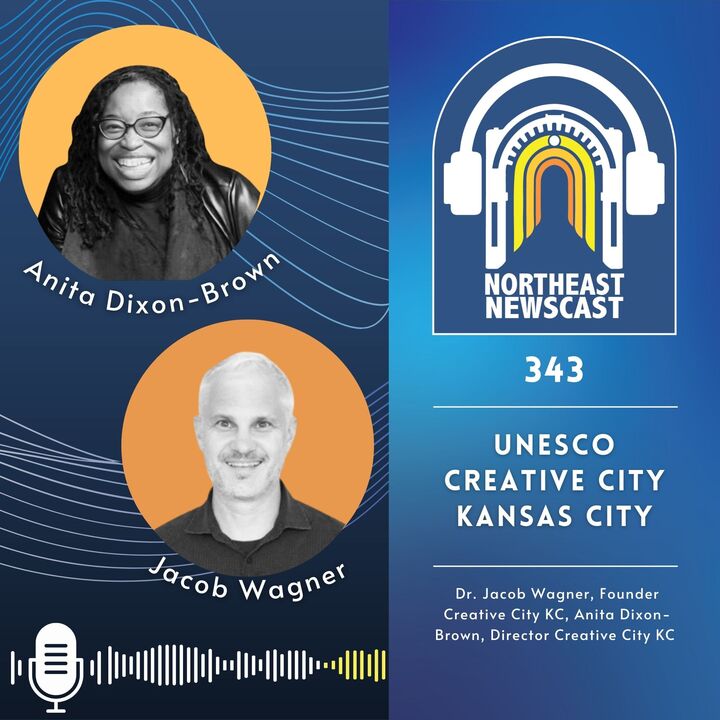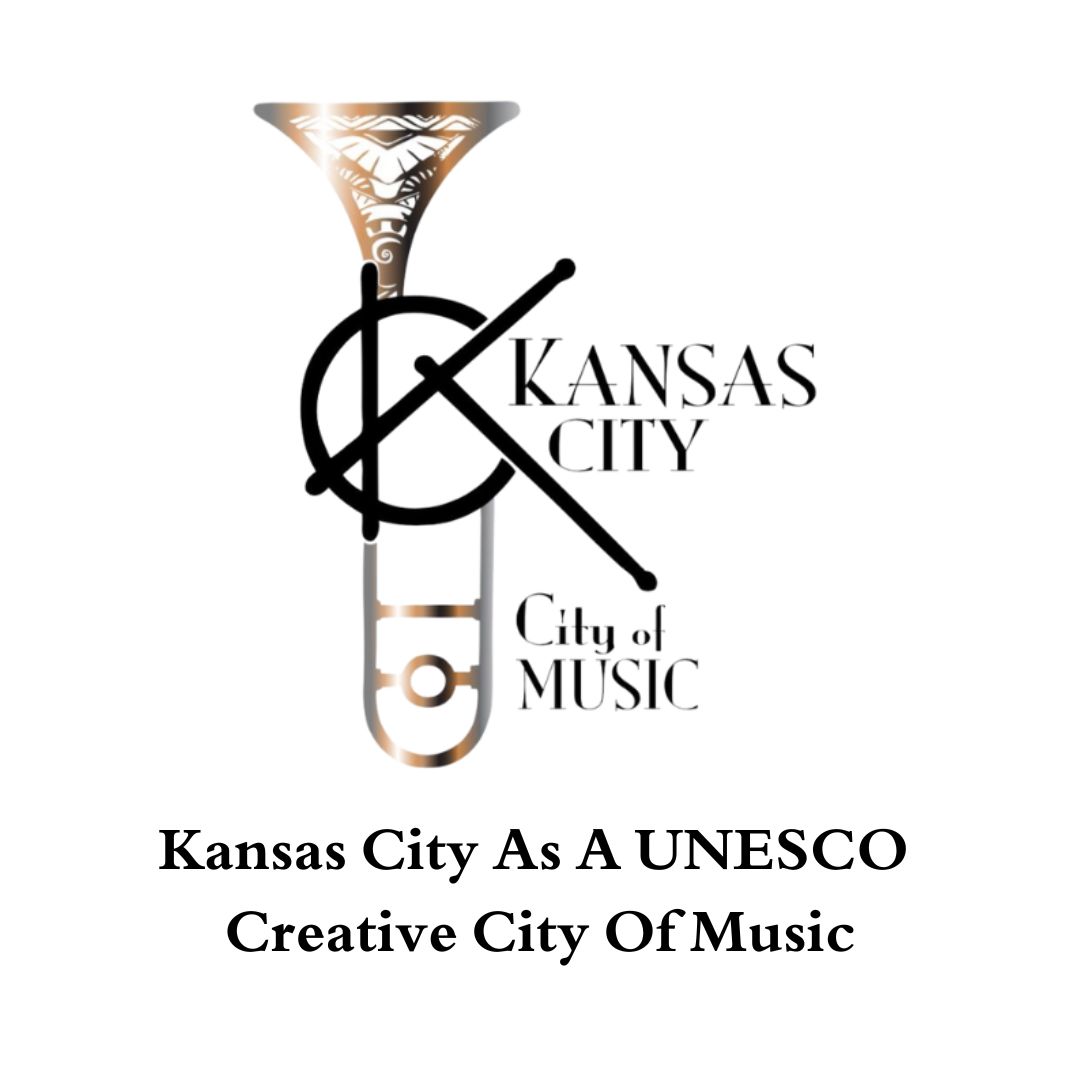Erin William
Northeast News
Nothing in life comes for free; often when students hear about scholarships, the “free college tuition” feels impossible to attain. Many believe in order to earn scholarships students must be one of two types: an exceptional Division 1-bound varsity athlete or the valedictorian of your school with near – if not perfect – standardized test scores.
While it is true that there are plenty of scholarships aimed toward students like this, students not fitting into these two categories are more than capable of winning scholarships for their college tuition.
Still don’t believe it? As a recent high school graduate, Northeast News Intern Erin William was not the valedictorian, nor the salutatorian, and she most definitely was not a D1 star athlete; yet she received over $25,000 in scholarships. Continue reading to learn how Erin did it, and how other students can, too, with advice from KC Scholars.
Common misconceptions
One of the biggest misconceptions when it comes to applying for scholarships is that students believe they’re not smart enough, or scholarships only exist for students that have that 4.0 Grade Point Average (GPA), said Natalie Lewis, Chief Operating Officer at KC Scholars, an organization working to increase postsecondary education and credential attainment of low- and moderate-income adults.
This imposter syndrome mindset, or the belief that an individual is underqualified or undeserving, is entirely false.
“There are scholarships for anything you can imagine,” Lewis confirmed. “There are scholarships for students; students that like to play the violin that grew up in Georgia and were born on a Tuesday.”
The first step to making sure a student secures a scholarship for college or trade school programs is dismantling the belief that they are not capable. Imposter syndrome is one of, if not the biggest, reason why students more than capable of winning scholarships are self-eliminated from the competition before it even begins.
The second misconception that Lewis mentioned was the belief that students only want to go for the big scholarships, and the little ones don’t matter.
The reality is, if a student is applying to the niche, smaller scholarships that are aimed towards students like them, their chances of receiving said scholarships increase substantially. While winning a $500 scholarship may feel minute compared to your total tuition owed, if they continue to apply to scholarships like this, they may be surprised how much the little ones add up.
When to apply for scholarships
While students may believe scholarship applications are only available to juniors and seniors, it is important to get started with the process as soon as possible. Although it is true that most scholarship applications are open solely to upperclassmen, Lewis explained, it is extremely helpful for underclassmen in ninth grade to start identifying the big scholarships through organizations like KC Scholars or the Koch Foundation.
They can look up samples of their application questions/requirements to “see up front, what are they going to be asking from you,” Lewis said.
Starting the application process early and understanding what would be expected as a scholar allows students to make choices throughout their highschool career, which will increase their chances at receiving said scholarship.
How to Win a Scholarship
Say, for instance, a student wishes to apply for the Gates Scholarship. Before beginning any scholarship application process, they should first google, “What is X scholarship looking for in potential winners?”
The Gates Scholarship in particular says they look for “outstanding academic performance, leadership ability (e.g., as shown through participation in community service, extracurricular, or other activities), and exceptional personal success skills (e.g., emotional maturity, motivation, perseverance, etc.).”
Once the student understands what the scholarship they want is looking for, they can begin to make decisions that make sure they are competitive.
A critical component of winning scholarships that may seem obvious is adhering to the given deadlines.
“These are not deadlines that are movable,” Lewis explained.
It is imperative that students start scholarship applications well in advance of the given deadline to ensure they turn in their credentials by the due date. Mistaking a due date or simply not turning in the application materials can be “life changing.”
Thinking strategically when filling out scholarship applications is essential to making sure students are competitive applicants. When applying for scholarships, students should always assume the other applicants are “students with the same GPA as yours, and have all the numbers as you have,” Lewis said.
Then, they must ask themselves, “What’s going to be my differentiating factor? Why me?”
If students are competing with others who meet the same academic credentials, they have to do something that will make them stand out to the people deciding whether or not to grant them the scholarship. This is called a “wow factor.”
“Sometimes it’s community service,” Lewis said. “Sometimes it’s what’s written in your recommendation letter and your essay. So they see the person, the passions, and the interests.”
Displacement and how to avoid it
Something to watch out for when applying for scholarships is “displacement.” Displacement occurs when students secure scholarships, but instead of using the scholarship funds to lower the expected contribution from the student or family, a university will reduce the financial aid amount given to the student. It is important that students understand the financial aid policies at the college or trade school that they apply to so they can avoid unexpected displacement.
When searching for scholarships, it is also important to be cautious of websites that ask students to pay for access to scholarship information or applications. As Lewis warned, a student should never pay for a scholarship list or a service to get access to a scholarship list. During the scholarship application process it is imperative that students look to avoid the scams.
Understanding the Pell Grant
A large eligibility factor for many scholarships like the Gates Scholarship is whether or not a student is eligible for the Pell Grant. The Pell Grant, or Federal Pell Grant, is awarded to students who “display exceptional financial need” on the Free Application for Federal Student Aid (FAFSA) by the federal government. This grant differs from aid a student may receive from the FAFSA because aid from the Pell Grant does not need to be paid back. To check eligibility for the Pell Grant, students must first fill in the FAFSA on studentaid.gov/h/apply-for-aid/fafsa and submit their form.
KC Scholars Program
As Kansas City residents, students have the opportunity to apply to the KC Scholars Foundation, a scholarship organization that stands out because of the sheer amount of money they give – $50,000 for students to use over a five year period.
“We’re not happy until you’re in a job – a family sustaining job – and we even stay tethered to you, supporting you even through the first year of your job,” Lewis said. “So it’s so much more than writing a unity.”
Additionally, the KC Scholars Foundation caters to not only college bound students but also those seeking trade school opportunities. Moreover, at KC Scholars, they want to help the family as a whole. In line with this goal is their “Great Jobs KC” program available to all adults 17 and above. Be sure to visit their website, kcscholars.org, for more information on the application process.
Below, students can find two comprehensive lists of scholarships for students looking to pursue college degrees or trade school programs respectively. This list barely scratches the surface of all of the scholarships available to students and should be referenced as a starting point.
• QuestBridge (Due: Sept. 26): For students looking into highly ranked colleges that may be financially inaccessible for their families, QuestBridge is a great college application platform to “connect low-income and first-gen students with partner colleges and universities”. Students who apply through QuestBridge and are matched to a college, are granted Early Admission with a full scholarship. Seriously check out: questbridge.org for more information on the application process and scholarship details.
• National Honors Society (Due: Nov. 30): Generally, the National Honors Society offers over 400 Scholarship programs for high schoolers; however, if you were a member of The National Honors Society you are eligible to apply for the National Honors Society Scholarship. With the first place prize at $25,000, 24 finalists get $5,675, 575 National Semi Finalists earn $3,200. Be sure to visit their website at: nationalhonorsociety.org for more information on how to apply.
• Ron Brown Scholar Program (Early Application Due: Nov. 1; Regular Application Due: Jan. 9): The Ron Brown Scholar Program is a great opportunity for low income African American students to gain $40,000. If awarded, scholarship participants are granted $10,000 annually throughout their undergraduate college experience. To find out more about the information on their application process visit: ronbrown.org.
• TheDream.US Opportunity Scholarship (Due Jan. 31): TheDream.US is a scholarship for undocumented students who are DREAMERS wishing to attend university but who are forced to pay out-of-state tuition or prohibited from enrolling in a state college at all. Students who win the scholarship are granted $80,000 in total to attain a bachelor’s degree at one of TheDream.US’s Opportunity Partner Colleges. For more information on the application process visit: thedream.us.
• The Coca-Cola Scholars Foundation (Due Oct. 31): The Coca-Cola Scholarship is open to all Senior Year students and awards 150 high schoolers $20,000 in scholarships. The Coca-Cola Scholars Foundation allows students 10 years to use their scholarship which can be used for both undergraduate and graduate schools. For more information on the Coca-Cola Scholarship and the application process, visit: coca-colascholarsfoundation.org.
• The Coolidge Scholarship (Due Feb. 23): The Coolidge Scholarship is open to all Senior Year Students. Winners of the Coolidge Scholarship are awarded full-ride scholarships covering tuition, room and board, and other expenses for all four years of undergraduate study. For more information on the Coolidge Scholarship application process, visit: coolidgescholars.org.
For scholarships specific to this region myscholarshipcentral.org/category/northwest/
Trade School Scholarships
• DEWALT Trades Scholarship (Due Dec. 14): The DEWALT Trades Scholarship is open to students planning to attend any 2 year college or vocational-technical school full time. The unique thing about this scholarship is that both high school seniors and current undergraduates can apply for the award. The DEWALT Trades Scholarship is awarded to about 20 students who are granted $10,000 each. To stay updated on the application process, visit: learnmore.scholarsapply.org/dewalttrade/.
• National Association of Women in Construction Scholarship (Due Feb. 28): The National Association of Women in Construction is committed to enabling women to pursue higher education in the field of construction. In line with this mission, the NAWIC provides scholarships for women in trade schools geared towards the construction industry. Recipients of the award receive $500-$2,500. For more information visit: nawic.org/nfsf_scholarships.
• “Find a Way” Cosmetology Scholarship (Due Aug. 31): The Arnold M. Miller “Find a Way” scholarship is awarded to students planning to or currently enrolled in cosmetology programs. At the time of application, students must be at least 18 years old. For more information on the Cosmetology Scholarship and how to apply, visit: beautychangeslives.org/arnold-miller-find-a-way/.
• APWU Vocational Scholarship (Due March 31): The American Postal Workers Union scholarship is awarded to undergraduate students attending community college or vocational school in a three year study program for a technical, industrial, or vocational field. Students who receive the award are granted $3,000 to fund their education. Students interested in applying should visit: apwu.org/vocational-scholarship.
For a great and extensive list of available trade scholarships, visit: thescholarshipsystem.com/blog-for-students-families/going-to-trade-school-check-out-these-56-vocational-scholarships/

















